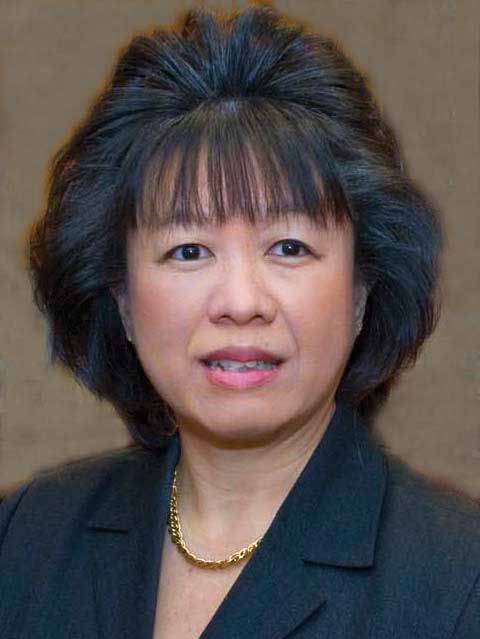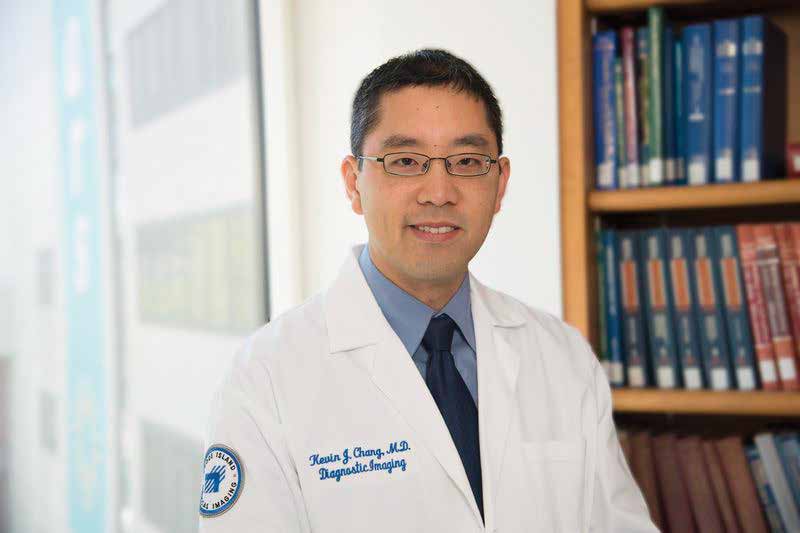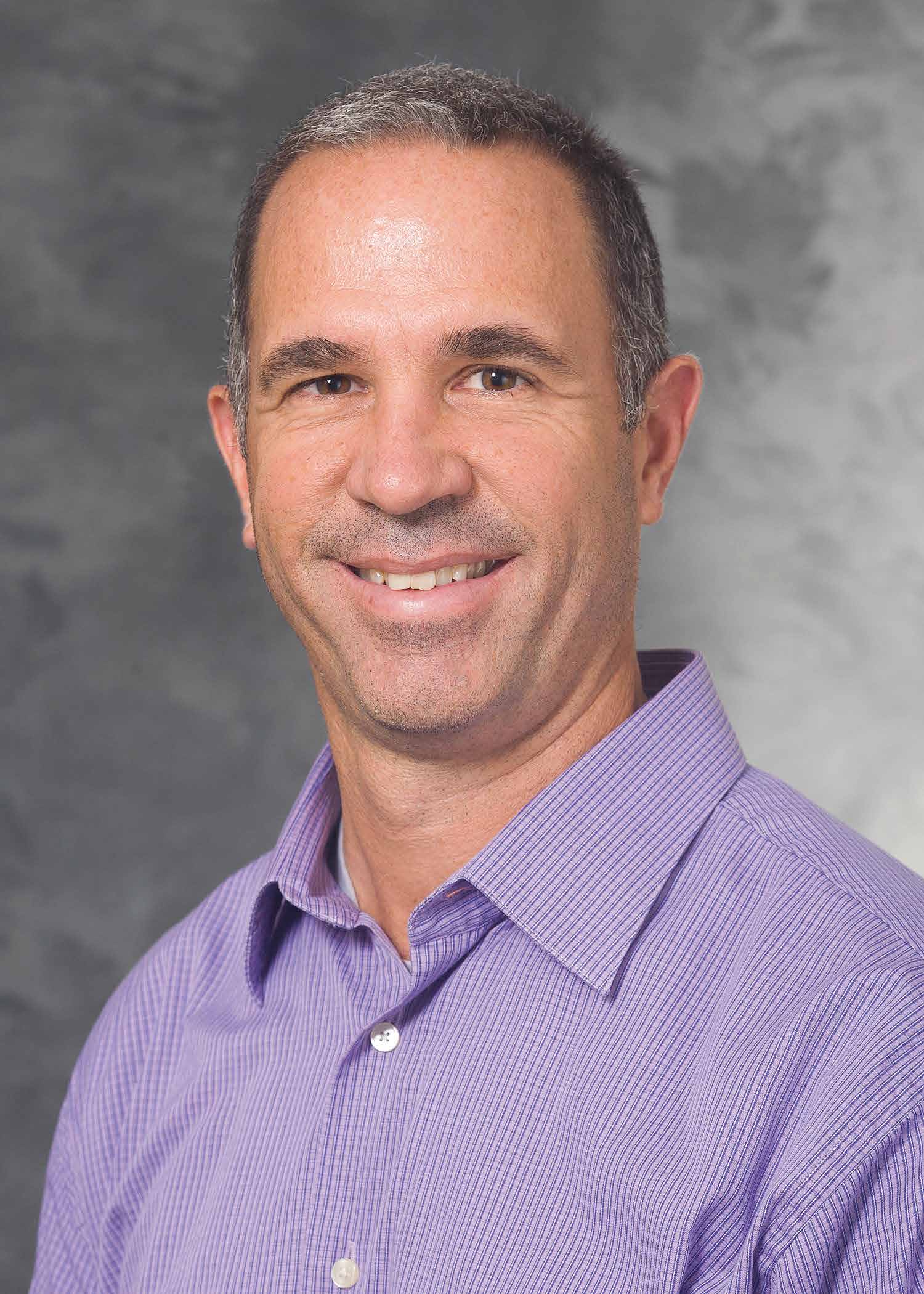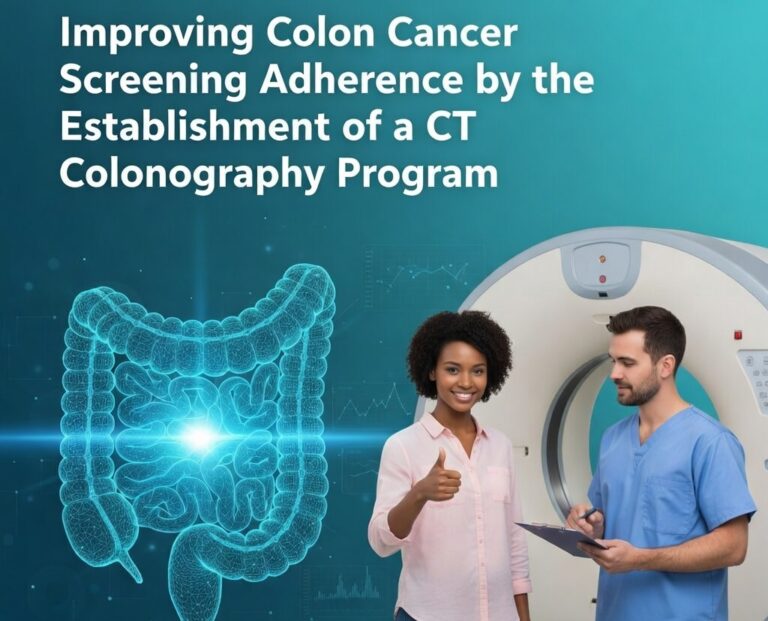This webinar will address the ongoing challenge of colorectal cancer (CRC), the second leading cause of cancer-related death in the United States, and the continued gap in screening adherence. Early detection and removal of precancerous lesions significantly reduce mortality, highlighting the importance of accessible screening strategies. While optical colonoscopy remains the most widely used visual modality, its invasive nature may limit patient participation. This session will explore Computed Tomography Colonography (CTC) as a noninvasive, efficient alternative that may improve screening uptake and expand access to effective CRC detection.
After completing this activity, participants should be better able to:
- Review current guidelines and recommendations for CRC screening
- Discuss the relative advantages and disadvantages of different CRC screening methods—with a focus on comparing OC vs. CTC
- Describe CTC procedures and summarize how to implement a successful CRC screening program
The content of this CE webinar is intended for technologists and other healthcare professionals involved with CRC screening.
This activity has been approved for 1.0 hour of Category A American Registry of Radiologic Technologists (ARRT) credit, as designated by The International Society for MR Radiographers & Technologists (ISMRT) Recognized Continuing Education Evaluation Mechanism (RCEEM). This activity may be available in multiple formats or from different sponsors. ARRT regulations state that an individual may not repeat a live seminar/meeting or self-learning activity for credit if it was reported in the same or any subsequent biennium.
Release Date: 7/28/2025 | Expires 7/28/2026
Faculty and Planner Disclosures:
As an accredited provider of continuing medical education, it is the policy of Northwest Imaging Forums, Inc. (NWIF) to ensure balance, independence, objectivity, and scientific rigor in all of its activities. In accordance with this policy, faculty and planners must disclose all relevant financial relationships with ineligible companies. Any relevant financial relationships have been mitigated by NWIF to ensure the integrity of the CE activity. The planner has nothing to disclose.

Judy Yee, MD, FACR
Professor and University Chair
Department of Radiology
Albert Einstein College of Medicine
Montefiore Medical Center
Bronx, New York

Kevin J. Chang, MD, FACR, FSAR
Director of MRI
Department of Radiology
Associate Professor of Radiology
Boston University School of Medicine
Boston, Massachusetts
Adjunct Associate Professor of Diagnostic Imaging
The Warren Alpert Medical School of Brown University
Providence, Rhode Island

Perry J. Pickhardt, MD
Professor of Radiology
Chief, Gastrointestinal Imaging
University of Wisconsin
School of Medicine & Public Health
Madison, Wisconsin




